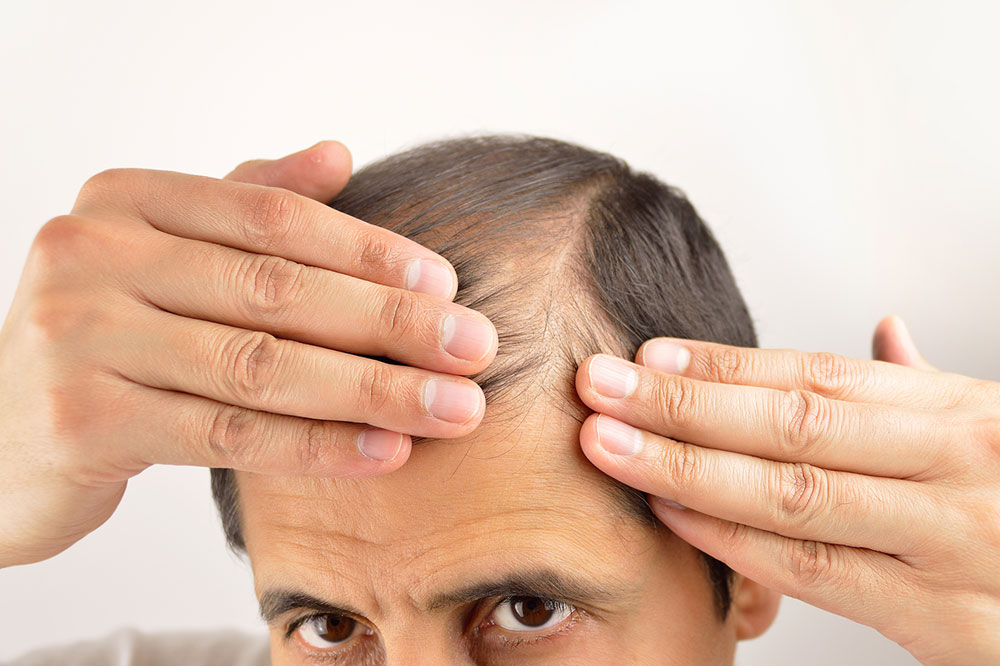5 side effects of insufficient water intake

The benefits of drinking enough water and keeping the body hydrated are well-known. More than two-thirds of the human body consists of water. This is why timely hydration is necessary to keep one’s bodily functions ticking along without stoppages. Therefore, not consuming at least two to three liters of water daily can adversely affect a person’s overall health and bodily functions. Here are some of the common side effects of insufficient water intake:
Fluid imbalance in the body
The blood becomes thicker when the body is deprived of water for longer periods. As a direct result of this, blood circulation gets labored, and the heart needs to expend more energy than usual to ensure that vital nutrients and elements such as oxygen and iron reach all body parts.
This sluggishness of the circulatory system translates into nutrient and fluid imbalances in the body. Essentially, the loss of balance and equilibrium with about 1 to 2% bodily fluid loss causes further issues like intense thirst, discomfort, and loss of taste. If fluid loss reaches 3 to 4%, one may experience difficulty concentrating, excessive shaking, and vomiting.
Wrinkled skin
The skin’s moisture content is severely affected by insufficient water intake. Essentially, the above-mentioned blood circulation problem caused by less water intake obstructs the flow of nutrients to the skin, making it lose its luster and elasticity. Over a moderate to long term, this obstructs the skin regeneration process, as nutrients and fluids are necessary for the skin to repair itself. As a result, issues like skin wrinkles, fine lines, and skin aging are accelerated.
The gradual damage to the skin is one of the most preventable side effects of insufficient water intake.
Perpetual fatigue
A lack of fluids hinders the natural flow of nutrients, such as oxygen, to vital parts of the body, such as the brain. This results in people feeling frequently fatigued and lightheaded due to the undernourishment of such critical organs. Perpetual fatigue and dry mouth are the earliest side effects of insufficient water intake and, therefore, should not be overlooked.
Sluggish bowel function
Water is also useful to keep the bowels lubricated, among other functions. An insufficient intake of water, then, causes issues like constipation in individuals. Additionally, not drinking enough water can also inhibit saliva formation. Saliva is a key component of a person’s gut functioning, so its deficiency can also contribute to poor bowel health.
Headache
The blood vessels in and around the brain are sensitive. So, if a person does not consume enough water, these blood vessels react to the change in blood volume and cause incessant headaches in individuals. It is common for people to experience headaches in dry and hot weather. Therefore, it is essential to keep oneself hydrated at all times.






